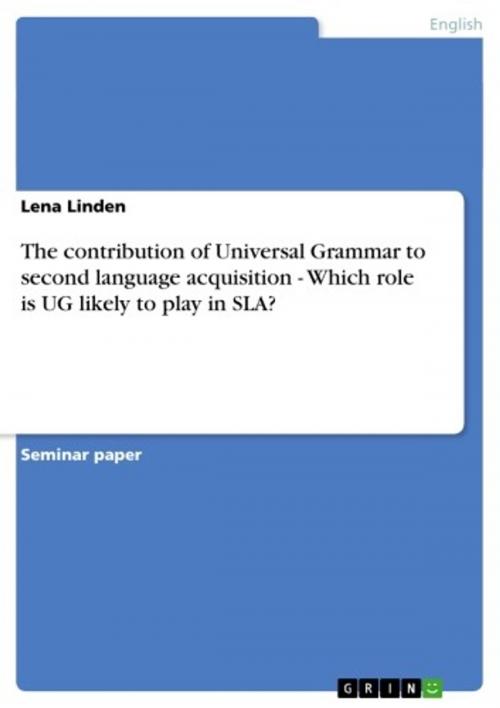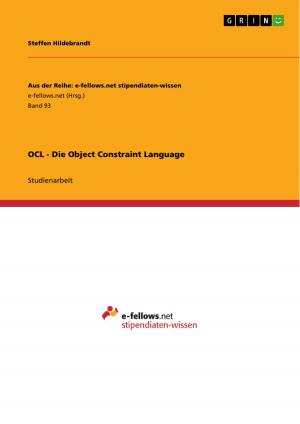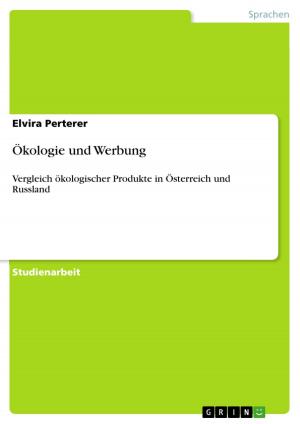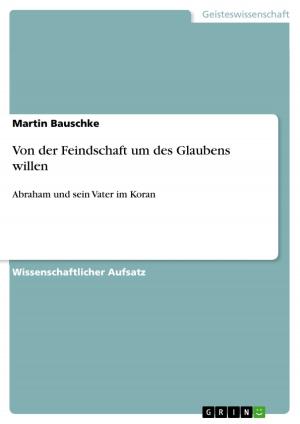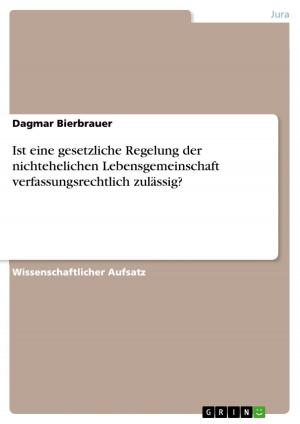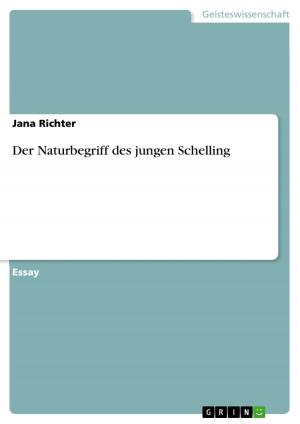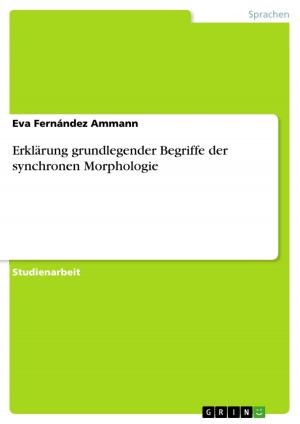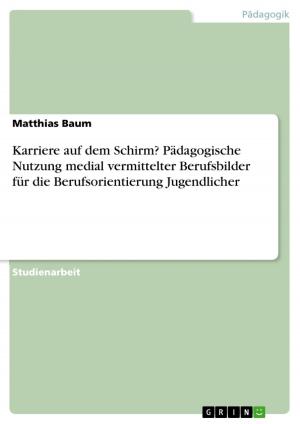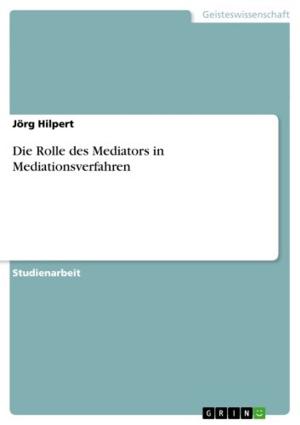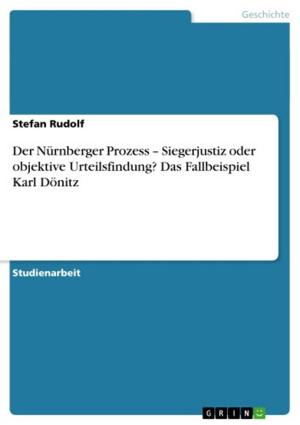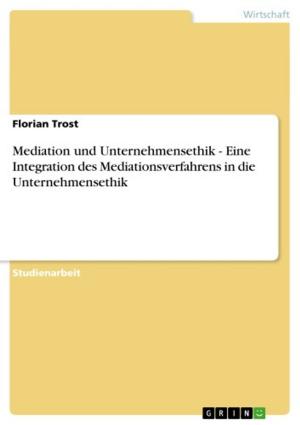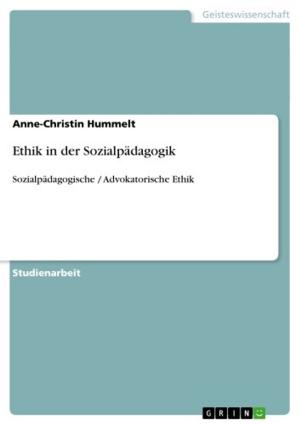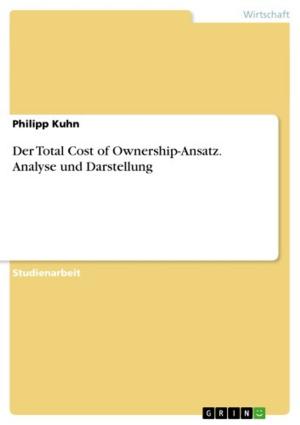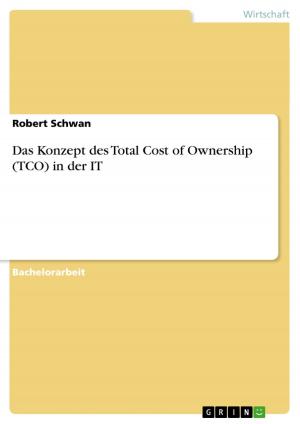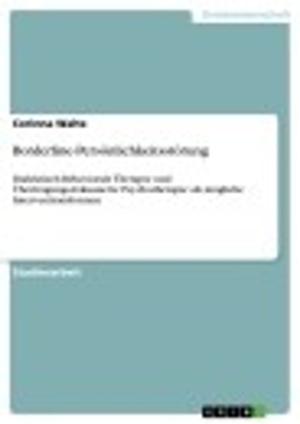The contribution of Universal Grammar to second language acquisition - Which role is UG likely to play in SLA?
Which role is UG likely to play in SLA?
Nonfiction, Entertainment, Drama, Anthologies| Author: | Lena Linden | ISBN: | 9783638001267 |
| Publisher: | GRIN Verlag | Publication: | February 12, 2008 |
| Imprint: | GRIN Verlag | Language: | English |
| Author: | Lena Linden |
| ISBN: | 9783638001267 |
| Publisher: | GRIN Verlag |
| Publication: | February 12, 2008 |
| Imprint: | GRIN Verlag |
| Language: | English |
Seminar paper from the year 2006 in the subject English Language and Literature Studies - Linguistics, grade: 1,3, University of Cologne (Englisches Seminar), course: Research in Language Acquisition, 20 entries in the bibliography, language: English, abstract: If we take for granted that children acquire their first language with the help of an innate language acquisition device containing Universal Grammar, is it likely that the acquisition of a second language works in the same way? Is Universal Grammar still the driving force or did the prerequisites for the acquisition change in a way that learners need to consult other means and resources, like only their general cognitive abilities and learning strategies? There are many points in which first and second language acquisition differ...It is these differences that made linguists doubt that first and second language acquisition are entirely the same process. This paper is concerned with the question whether Universal Grammar is still available for second language learners and whether the mental grammar of L2 learners shows signs of impairment. After a short introduction to the concept of Universal Grammar in first language acquisition, it will turn to Universal Grammar in second language acquisition. In this context it will be considered whether the interlanguage grammar might be impaired and whether UG is probable to influence second language acquisition. Several theories of second language acquisition will be presented in advance to the discussion whether learners are likely to have full access, partial access or no access to Universal Grammar. Before being concluded it will take a short look at the problems that arise in second language research.
Seminar paper from the year 2006 in the subject English Language and Literature Studies - Linguistics, grade: 1,3, University of Cologne (Englisches Seminar), course: Research in Language Acquisition, 20 entries in the bibliography, language: English, abstract: If we take for granted that children acquire their first language with the help of an innate language acquisition device containing Universal Grammar, is it likely that the acquisition of a second language works in the same way? Is Universal Grammar still the driving force or did the prerequisites for the acquisition change in a way that learners need to consult other means and resources, like only their general cognitive abilities and learning strategies? There are many points in which first and second language acquisition differ...It is these differences that made linguists doubt that first and second language acquisition are entirely the same process. This paper is concerned with the question whether Universal Grammar is still available for second language learners and whether the mental grammar of L2 learners shows signs of impairment. After a short introduction to the concept of Universal Grammar in first language acquisition, it will turn to Universal Grammar in second language acquisition. In this context it will be considered whether the interlanguage grammar might be impaired and whether UG is probable to influence second language acquisition. Several theories of second language acquisition will be presented in advance to the discussion whether learners are likely to have full access, partial access or no access to Universal Grammar. Before being concluded it will take a short look at the problems that arise in second language research.
